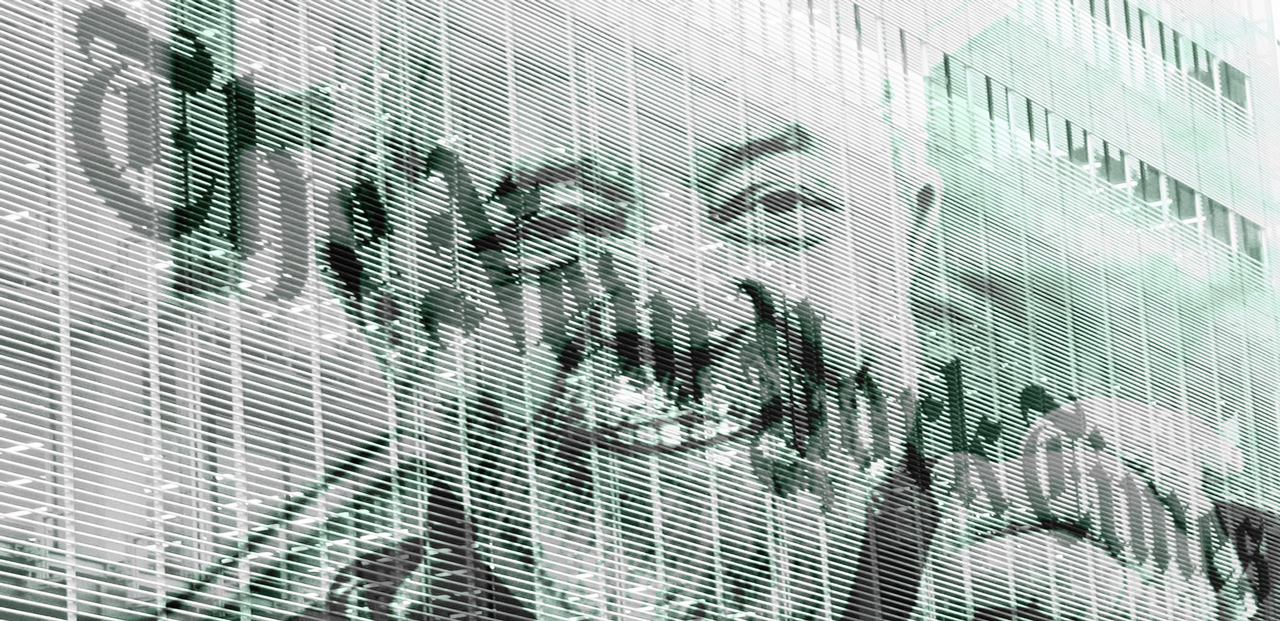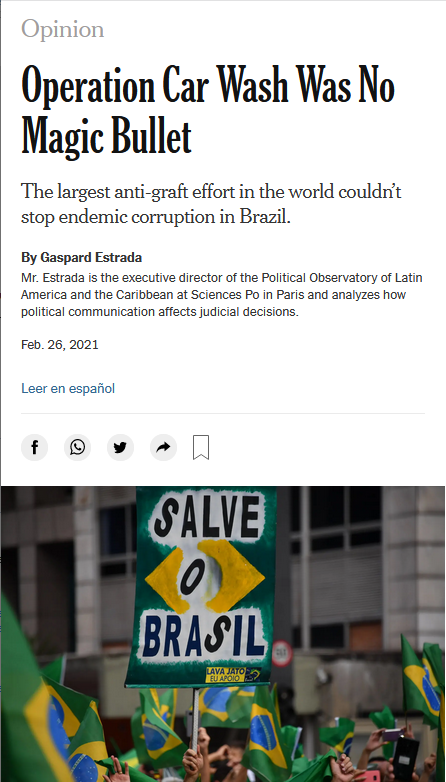by BRIAN MIER

The Brazilian Supreme Court on March 8 dismissed all charges against former President Luis Inacio “Lula” da Silva made during the Lava Jato investigation, a little over a month after the investigation was officially ended. The termination came shortly after the Supreme Court admitted 6 terabytes of leaked Telegram chats between public prosecutors and judges as evidence in the case.
A small portion of the leaks, released slowly by the Intercept Brasil and local media partners in 107 articles, revealed that Judge Sergio Moro illegally instructed prosecutors in cases he was ruling on; these leaks also exposed dozens of secret, illegal meetings with agents of the US FBI. Lula’s defense lawyers have now released new, devastating information, in the context of a series of motions to dismiss.
In one conversation, Lava Jato taskforce chief Delton Dallagnol refers to Lula’s imprisonment as a gift from the CIA. The leaks also show that many coerced plea bargain testimonies were totally fabricated, including a frivolous case that resulted in the suicide of the dean of Santa Catarina Federal University, and that Dallagnol nicknamed them “outsourced testimonies.”
None of these revelations came as a surprise to Brazilians who have been reading legal blogs and the major independent media for the last five years. Many groups have been critical of Lava Jato from the moment Sergio Moro first froze operations at Brazil’s five largest construction companies in 2015.

A New York Times (2/26/21) op-ed says of the Lava Jato investigation, “To truly attack corruption and overcome this dystopia, there must be a critical reassessment of the investigation.” This would have to include a reassessment of media’s treatment of the investigation.
But the idea that ethical problems cut this deeply into Lava Jato may have come as a surprise to readers of a February 26, 2021, New York Times op-ed piece by Gaspard Estrada, headlined “Operation Car Wash Was No Magic Bullet,” which called it the “biggest judicial scandal in Brazilian history.” One paragraph of Estrada’s piece reads:
“Although it has long been known that Mr. Moro convicted Mr. da Silva for indeterminate acts and on flimsy charges, we now know that Mr. Moro himself helped mount the accusation against Mr. da Silva, thus violating the Brazilian justice system’s legal principle of not being a judge and a prosecutor at the same time.”
The paragraph contains three linked sources. Lava Jato prosecutors’ failure to clearly define any specific crime of corruption committed by Lula is linked to a rare, critical New York Times op-ed piece by the Center for Economic Policy and Research’s Mark Weisbrot (1/23/18). The references to Sergio Moro simultaneously serving as judge and prosecutor are linked to two articles in the Brazilian news medium UOL.
Brasilwire for more
